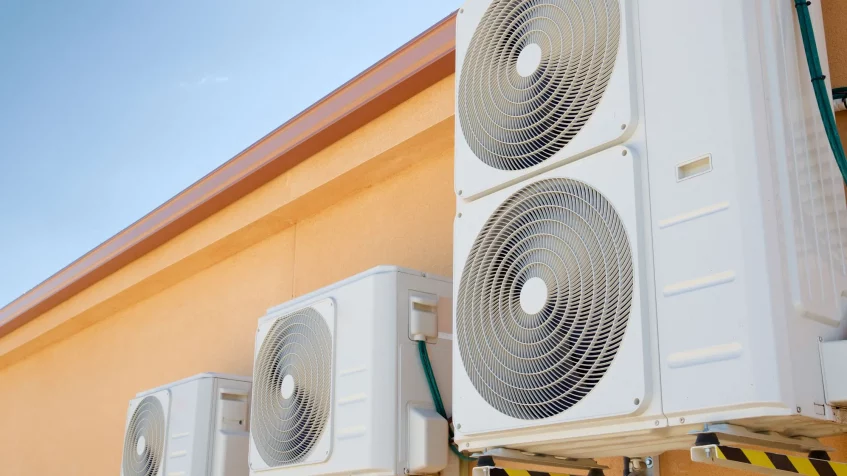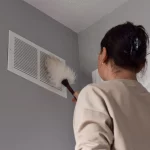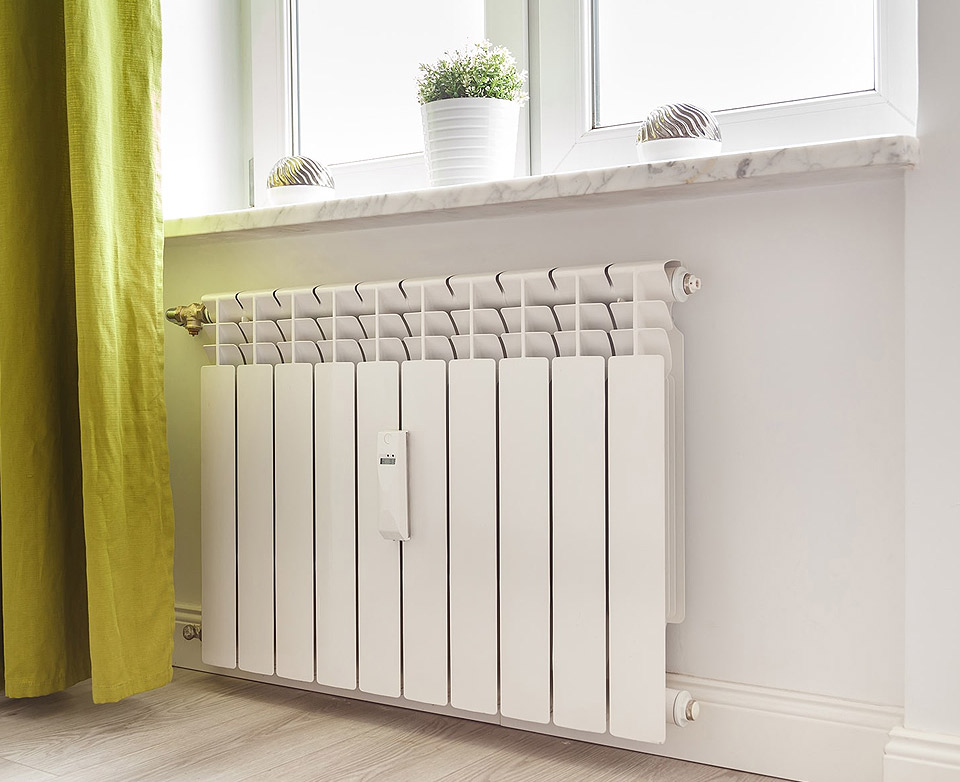
Central Air Conditioning and Indoor Air Quality: Essential Information
In the throes of sweltering summer temperatures, central air conditioning has emerged as a savior, providing a respite from the relentless heat. The convenience and efficiency of these systems are unquestionable, offering a cool oasis in the midst of scorching weather. However, in the pursuit of comfort, the often overlooked aspect is the impact of central air conditioning on indoor air quality (IAQ). In this comprehensive blog post, we will unravel the intricate relationship between central air conditioning and IAQ, offering valuable insights and practical tips to ensure that your abode not only remains cool but is also a haven of clean, fresh air throughout the year.
Understanding the Mechanics of Central Air Conditioning:
Central air conditioning systems are sophisticated marvels of modern engineering. They consist of a central unit that cools and circulates air through an intricate network of ducts, reaching every nook and cranny of your living space. The allure of these systems lies in their ability to provide uniform and efficient cooling, ensuring that each room maintains a comfortable temperature. However, while they excel at temperature control, their influence on indoor air quality warrants a closer examination.
The Nexus Between Central AC and Indoor Air Quality:
Indoor air quality is a multifaceted aspect influenced by various factors, with the central AC system playing a pivotal role. One of the primary considerations is the filtration system embedded within the HVAC unit. Air filters act as the first line of defense, trapping dust, allergens, and other particulate matter, preventing them from circulating in the air you breathe. Regular maintenance, including changing or cleaning these filters, is a simple yet effective measure to uphold good IAQ.
Humidity Control: The Silent Guardian:
Beyond temperature regulation, central AC systems wield influence over humidity levels in your living space. Excessive humidity can create an optimal breeding ground for mold and mildew, contributing to respiratory issues and unpleasant odors. Conversely, inadequate humidity levels can result in dry skin and respiratory irritation. Striking the right balance is imperative for both comfort and air quality.
Choosing the Right Air Filters:
Not all air filters are created equal, and the choice of filter can significantly impact indoor air quality. High-efficiency particulate air (HEPA) filters are renowned for their exceptional filtration capabilities, capturing even the minutest particles. While these filters may come with a higher price tag, the benefits they confer in terms of cleaner air make them a worthwhile investment for those prioritizing their health and well-being.
The Art of Regular Maintenance:
Like any complex system, central air conditioners necessitate regular maintenance to operate at peak efficiency. Scheduled check-ups by HVAC professionals ensure that all components are clean, functioning correctly, and pose no risk to indoor air quality. Neglecting maintenance not only leads to a decline in overall performance but also increases the likelihood of air quality issues.
Harnessing the Power of Indoor Plants:
While central AC systems excel at regulating temperature and humidity, the addition of indoor plants can amplify efforts to enhance air quality. Certain plants, such as spider plants, snake plants, and peace lilies, are renowned for their air-purifying properties. These green companions absorb pollutants and release oxygen, contributing to a healthier indoor environment.
Ventilation: A Breath of Fresh Air:
Despite the efficiency of central AC systems in recirculating air, introducing fresh outdoor air into your living space remains crucial. Adequate ventilation, especially when weather conditions permit, is essential. Opening windows and doors facilitates the exchange of indoor and outdoor air, diluting indoor pollutants and contributing to a healthier living environment.
Identifying Common Indoor Air Pollutants:
To effectively address indoor air quality concerns, it is imperative to identify common pollutants that may lurk in your living space. These include dust mites, pet dander, pollen, mold spores, and volatile organic compounds (VOCs) emitted by household products. Understanding the sources of these pollutants empowers you to take targeted measures to mitigate their impact on IAQ.
Central air conditioning systems have become indispensable for maintaining a comfortable indoor environment, particularly during the sweltering summer months. However, the symbiotic relationship between central AC and indoor air quality should not be underestimated. By adopting simple yet effective practices such as selecting the right air filters, prioritizing regular HVAC system maintenance, integrating indoor plants, and ensuring proper ventilation, you can enjoy the best of both worlds—effortless cooling and a pristine indoor atmosphere. Remember, a little attention to your central AC system goes a long way in ensuring a healthy and refreshing home environment for you and your loved ones.










